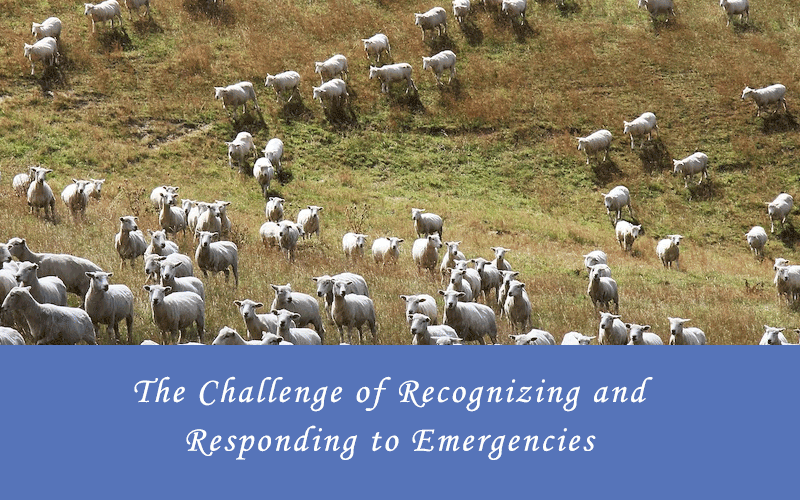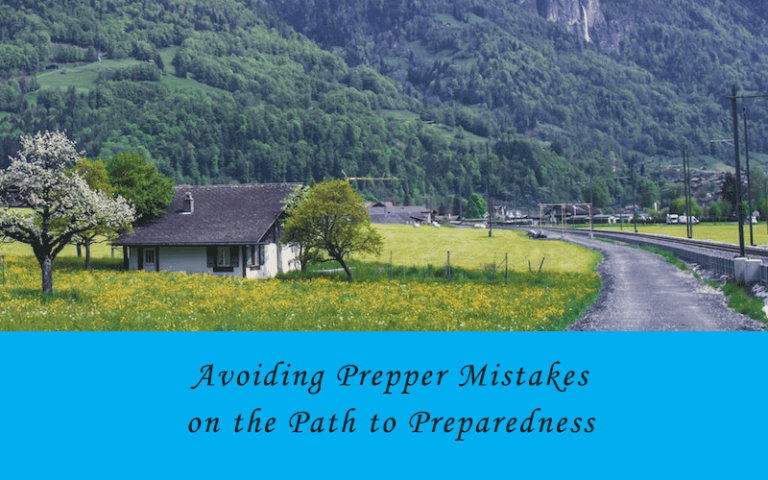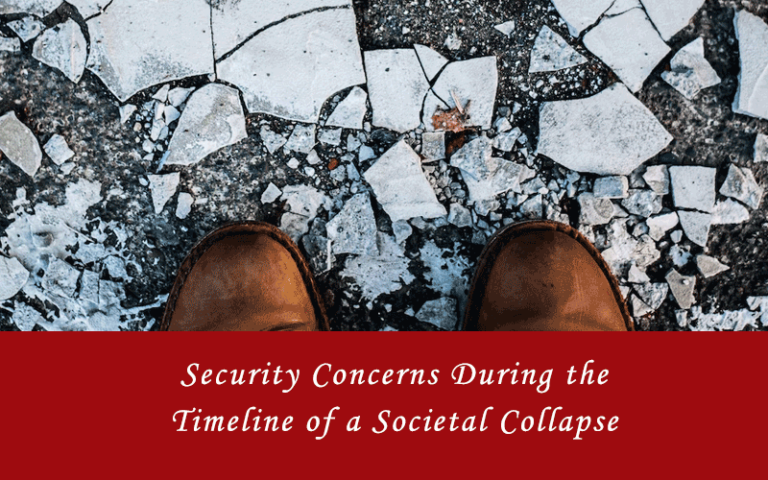The Challenge of Recognizing and Responding to Emergencies
In times of crisis, a staggering number of individuals struggle to acknowledge the reality of an emergency unfolding before them. Surprisingly, around 70% of people tend to carry on with their daily routines, oblivious to the gravity of the situation. This refusal to accept the occurrence of a genuine emergency poses a significant security risk to others. This article delves into the reasons behind this behavior, shedding light on the challenges of recognizing and responding to emergencies.
1. Resistance to Change and Familiarity
- Human aversion to change: Most individuals find comfort in familiar routines and habits. The unexpected and out-of-the-ordinary nature of emergencies can unsettle people, pushing them out of their comfort zones.
- Reluctance to disrupt normalcy: People yearn for things to be normal and struggle to cope with situations that deviate from the ordinary. This desire to maintain the status quo often hinders their ability to acknowledge an unfolding emergency.
2. Seeking Confirmation and Multiple Opinions
- Dependence on others’ opinions: In emergency situations, people commonly seek validation from approximately four different sources before taking any action. They ask questions like “What’s going on?” in the hope of hearing that everything is okay.
- Reluctance to take immediate action: Rather than promptly responding to the crisis, individuals may engage in a prolonged process of seeking reassurance. They continue to ask others for information, delaying their own appropriate action until they receive the desired response.
3. Factors Influencing Inaction
- Factors contributing to delay: Various factors contribute to the hesitation in responding to emergencies. These include panic, disbelief, normalcy bias, lack of confidence, limited situational awareness, absence of instinctive reactions, denial, and a lack of knowledge regarding the necessary course of action.
- Followership mentality: Many individuals are more inclined to follow rather than lead. They prefer not to be the first to take action, waiting for others to initiate the appropriate response.
Conclusion
Recognizing and responding to emergencies is a complex challenge that arises from a combination of psychological factors and a resistance to change. A significant portion of the population remains oblivious to unfolding emergencies, perpetuating a security risk to themselves and those around them. By understanding the factors that contribute to this behavior, we can work towards fostering greater awareness and preparedness in the face of crisis. Encouraging proactive engagement, educating the public, and promoting self-reliance can empower individuals to respond effectively when confronted with emergencies, ultimately enhancing overall security.




